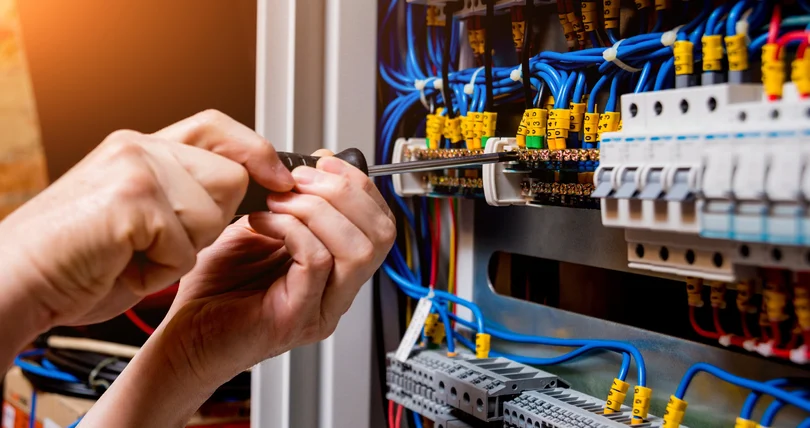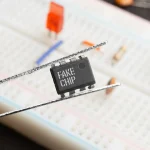Learning ESL electrical maintenance is crucial for anyone beginning a career in electrical services. These foundational skills ensure safety, efficiency, and the longevity of electrical systems. This guide will introduce the basic competencies every beginner should master.
Understanding Electrical Safety
Importance of Safety Protocols
Safety is paramount in any electrical work. Beginners must be well-versed in safety protocols to prevent accidents and injuries. This includes understanding how to properly shut off power before working on any electrical component and the correct use of personal protective equipment (PPE).
Identifying Hazards
Recognizing potential electrical hazards is a critical skill. This involves knowing the dangers of exposed wiring, wet environments, and the importance of using insulated tools. Familiarity with these hazards can significantly reduce the risk of electrical shocks and fires.
Basic Tools and Their Uses
Essential Tools
Every beginner should have a basic toolkit. Essential tools include:
- Multimeter: For measuring voltage, current, and resistance.
- Wire Strippers: For removing insulation from wires.
- Screwdrivers: Various sizes for different types of screws.
- Pliers: For gripping, twisting, and cutting wires.
Proper Tool Handling
Knowing how to handle these tools correctly is as important as having them. Proper handling ensures accuracy and prevents damage to both the tools and the electrical systems being worked on.
Fundamental Electrical Concepts
Understanding Circuits
A basic understanding of electrical circuits is vital. Beginners should learn how circuits work, including the difference between series and parallel circuits, and how to read simple circuit diagrams. This knowledge is foundational for troubleshooting and repairing electrical issues.
Voltage, Current, and Resistance
Grasping the concepts of voltage, current, and resistance is crucial. Beginners should know how to measure these with a multimeter and understand their relationships as defined by Ohm’s Law.
Performing Basic Maintenance Tasks
Inspecting and Replacing Fuses
One of the simplest yet most important maintenance tasks is inspecting and replacing fuses. Knowing how to identify a blown fuse and replace it safely is a fundamental skill.
Checking and Tightening Connections
Loose connections can cause significant electrical problems, including shorts and fires. Beginners should regularly check and tighten all electrical connections to ensure safety and efficiency.
Conclusion
Mastering these essential ESL electrical maintenance skills is the first step for any beginner. These foundational competencies not only ensure safety but also build the confidence needed to tackle more advanced electrical tasks in the future. By focusing on safety, tool use, and basic electrical concepts, beginners can establish a solid groundwork for a successful career in electrical maintenance.




















